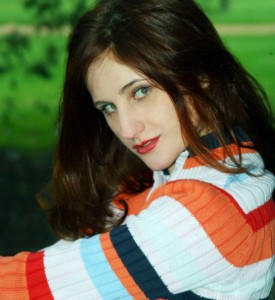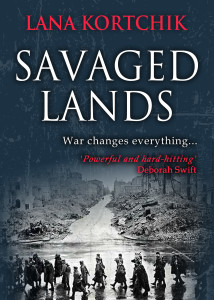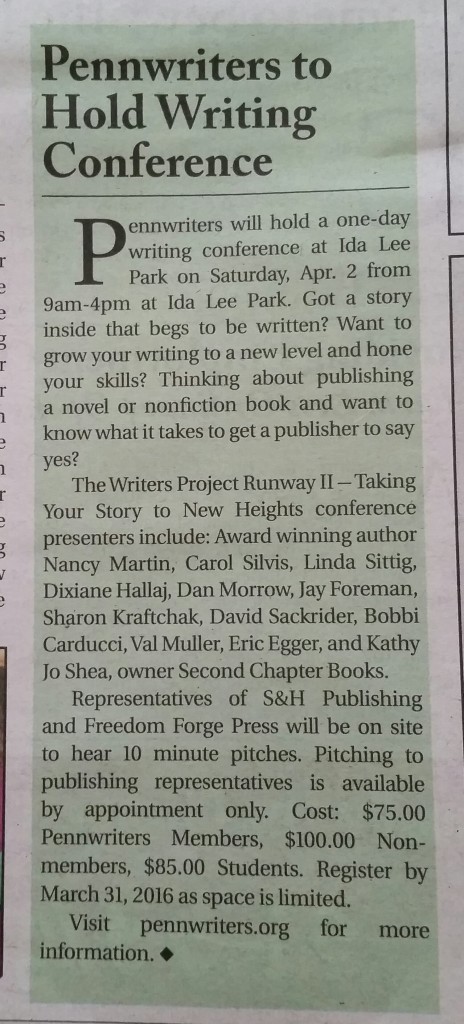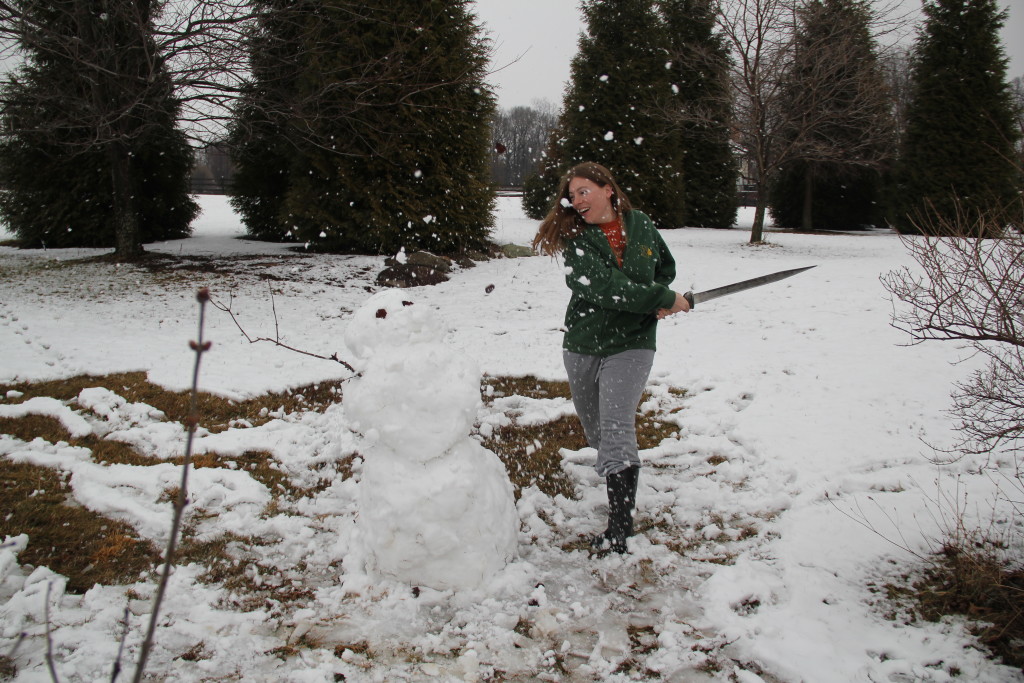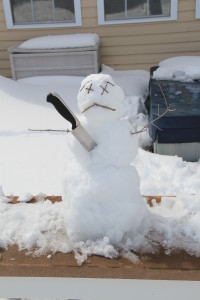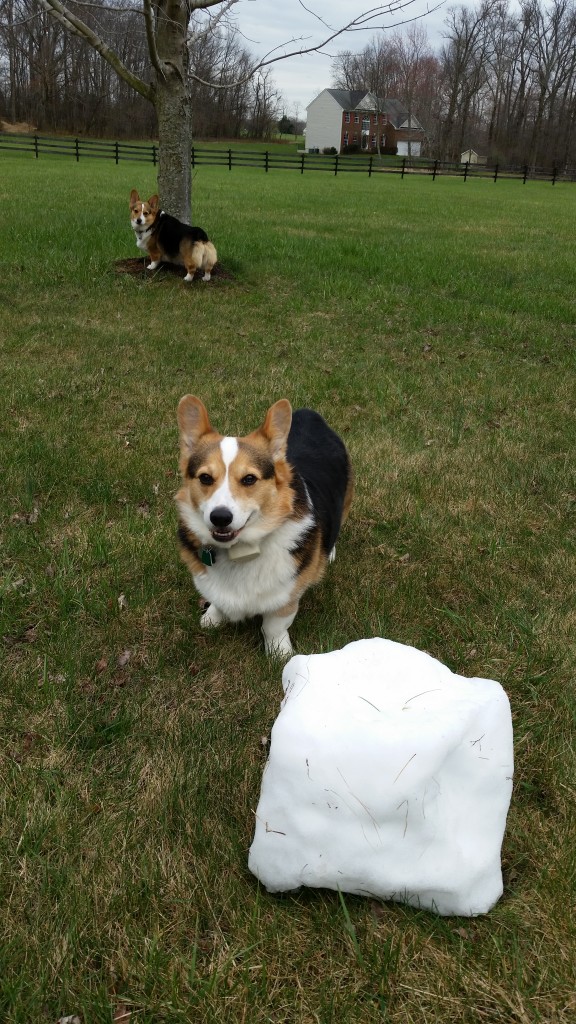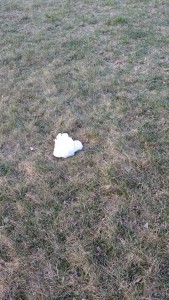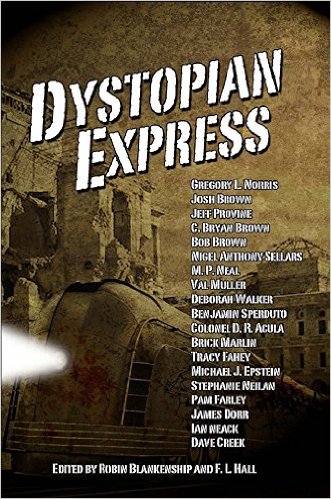This week I had a chance to interview Jo Marshall, a fellow children’s author. I love learning the “back story” about how authors became inspired for their series, and I enjoyed learning more about Jo. Her books will eventually appear on my Monday book review feature of this blog, so stay tuned 🙂
-
Tell us about yourself:
Thank you, Val, for the invitation to be on your blog and also to follow your wonderful ‘Corgi Capers’. It’s a privilege to be included with other children’s book authors like you who hope to offer entertaining and enlightening books with a valuable, underlying purpose. I hope my four novels called Twig Stories for ages 8-12 will also be considered fun and worthwhile contributions to children’s literature. I think, the only way to tell you about myself is to tell you what I’ve been doing for six years.
My daughter Ali and I began writing Twig Stories when she was in elementary school. We were 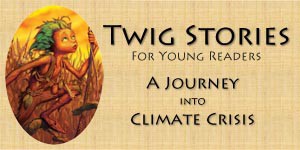 saddened by the terrible devastation bark beetles had wrought on the forests of British Columbia. Millions of trees were lost due to this infestation which is sweeping the West and Southwest areas of North America. The beetles used to die off in the frigid temperatures of winter, but now they are unstoppable and swarm by the billions because of a warming climate.
saddened by the terrible devastation bark beetles had wrought on the forests of British Columbia. Millions of trees were lost due to this infestation which is sweeping the West and Southwest areas of North America. The beetles used to die off in the frigid temperatures of winter, but now they are unstoppable and swarm by the billions because of a warming climate.
After learning about the cause of millions of trees being destroyed, Ali and I imagined a tiny hero created from a twig named Leaf who might find a way to survive in this changing world. Soon his Twig and animal friends populated the stories we told at bedtime.
Of course then we imagined writing a book about Twig adventures. That idea turned into four books. So I organized my day around finding time to write in the morning. I’ve pretty much been absorbed by this ‘hobby’ for the last six years. Other than being a stay-at-home mom, avid birdwatcher, and taking walks in the beautiful, old forests around my home in Snohomish, Washington there isn’t that much to say about me. I’m a terrible cook, an awful housekeeper, and doting mom to two kids and five pets.
But even though my books are based on small stick creatures struggling with the terrible effects of climate change impacts on their Pacific Northwest forests, I actually have an optimistic outlook on the world. I believe creative and successful adaptation by wildlife and ecosystems is possible, even if sometimes only with the intervention of passionate, conservation activists. Amazing nonprofits, biologists, researchers, and others are working hard every day to protect critically endangered wildlife and forests. I’m continually impressed with their selfless dedication.
-
Tell us about your book:
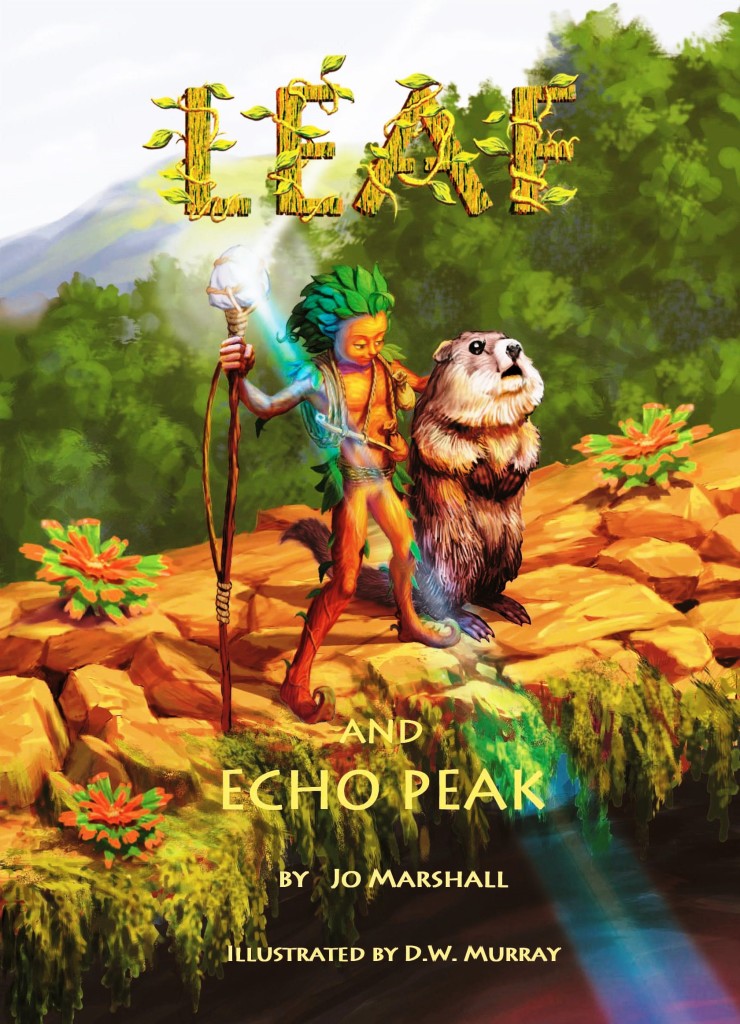 I just finished my fourth and final novel in the Twig Stories collection ‘Leaf & Echo Peak’. It is now available in paperback and Kindle worldwide on Amazon.com and most online bookstores like Barnes & Nobel and Powell’s. All my stories are illustrated by Disney’s David Murray. His film credits include Mulan, Tarzan, Brother Bear, Lilo & Stitch, Curious, George, and many, many others.
I just finished my fourth and final novel in the Twig Stories collection ‘Leaf & Echo Peak’. It is now available in paperback and Kindle worldwide on Amazon.com and most online bookstores like Barnes & Nobel and Powell’s. All my stories are illustrated by Disney’s David Murray. His film credits include Mulan, Tarzan, Brother Bear, Lilo & Stitch, Curious, George, and many, many others.
Leaf & Echo Peak
In a vast forest impish stick creatures called Twigs are caught up in an extraordinary adventure when a mammoth volcano rumbles a warning. Changes are coming to the old forest! One young Twig named Leaf and his brave friends must escape when Echo Peak wakes up, but all the forest paths are perilous. Some try a river escape, while others dare the cliffs of a gorge. Leaf and his Twig friends Rustle and Feather risk the gloom of a snaking, prehistoric lava tube, but deadly bats and a vicious mole block the way. Twigs must stick together for their only safety may be in the distant Red Forest to the west, but does it even exist?
(Here’s a little about the other three ‘Twig Stories’ books.)
In the previous three adventure novels Twigs are thrust upon dangerous paths. Still, they discover their world has unexpected help. In the midst of disappearing habitats, beavers build mighty dams to control floods, and quench wildfires. Bark beetles are fought. Rare trees are saved from extinction. Glaciers may shrink, but their precious water is not lost. Now Twigs must learn a lesson from the eruption of a volcano ~ incredible adaption is possible, so Leaf and his loyal Twig friends stick together and battle to survive.
-
Who is your favorite character in your book, and why?
Well, of course, Leaf is my favorite. He plays a key role in each book, and most of the action revolves around what he decides to do and how he chooses to respond to each crisis. I think I relate to Leaf 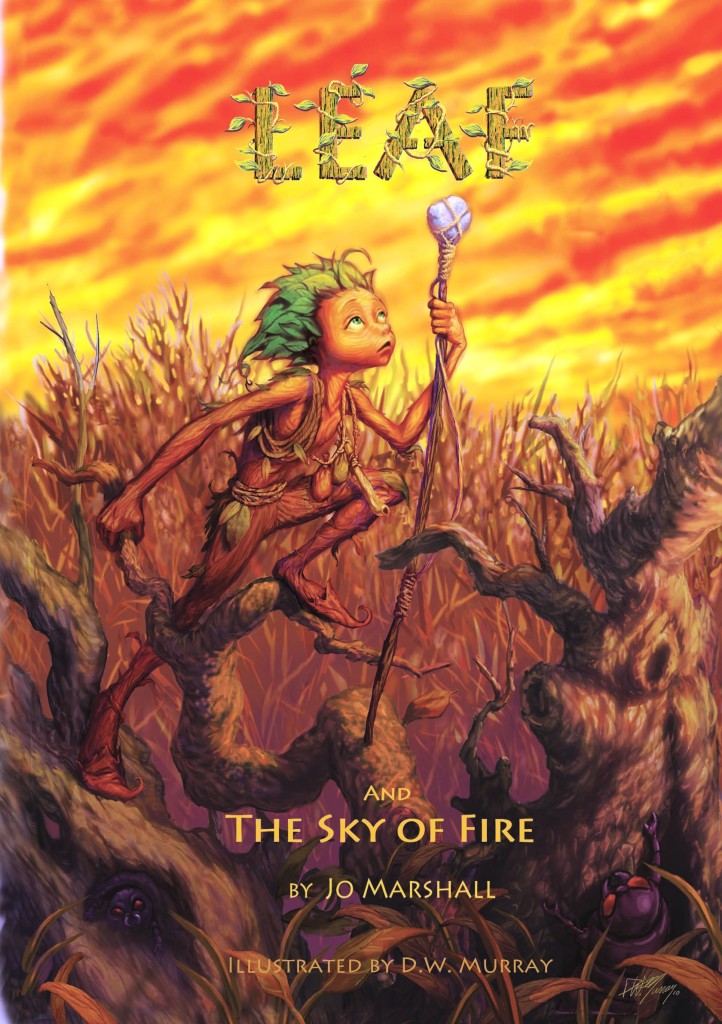 most because he always has a choice ~ whether to stand up for his friends; how he will overcome his own fear or hesitation; and how he chooses to resolve the unexpected problems dropped on his doorstep, or in his case, his knothole’s branch. We all have choices. It’s what we choose to do that makes us who we are at heart.
most because he always has a choice ~ whether to stand up for his friends; how he will overcome his own fear or hesitation; and how he chooses to resolve the unexpected problems dropped on his doorstep, or in his case, his knothole’s branch. We all have choices. It’s what we choose to do that makes us who we are at heart.
But there is a great deal to be said for his best friends, Rustle and Feather. They are both a little too daring and reckless; have had way too much freedom growing up; and are apt to not think things through before rushing into action. But Leaf could not ask for more loyal, funny, and brave friends.
-
Are any elements of your book autobiographical or inspired by elements of your life?
Anytime I write about the overwhelming stature and magnificence of trees thousands of years old, I write with the same feeling of awe I experienced when walking down the paths of giant sequoias and redwoods. Everyone should experience moments like those.
-
What’s the strangest place you’ve ever been?
The strangest place I lived is West Berlin for three years when the Wall was still fiercely guarded by Soviet troops and East Germans. We lived on the 6th floor of an apartment building two blocks from the Wall. Sometimes – especially during the warm nights of August – we’d sit in our living room and watch the only English speaking channel on TV. Suddenly, flares would streak into the air above the Wall, burst, and hover there, and we’d hear the distinct pop, pop, pop of machine guns. The West Germans who lived near us would rush to the Wall and climb up on home-made, lopsided stairs so they could bear witness to what was happening. They risked their own lives by clinging to the Wall like that to document an attempted escape to the West. Otherwise, no one would know. For a while it felt even stranger to return to the peaceful neighborhoods of Virginia!
-
What’s your favorite scene or location in the work you’re currently promoting, and why?
The chapter with Loon seems to provoke the most “Awesome!” feeling from adult readers and kids. I get a kick getting this response from this very creepy scene in an old rainforest with its frightening creature Loon, so I’m not telling you about it!
-
What book or author has been most inspirational for you, and why?
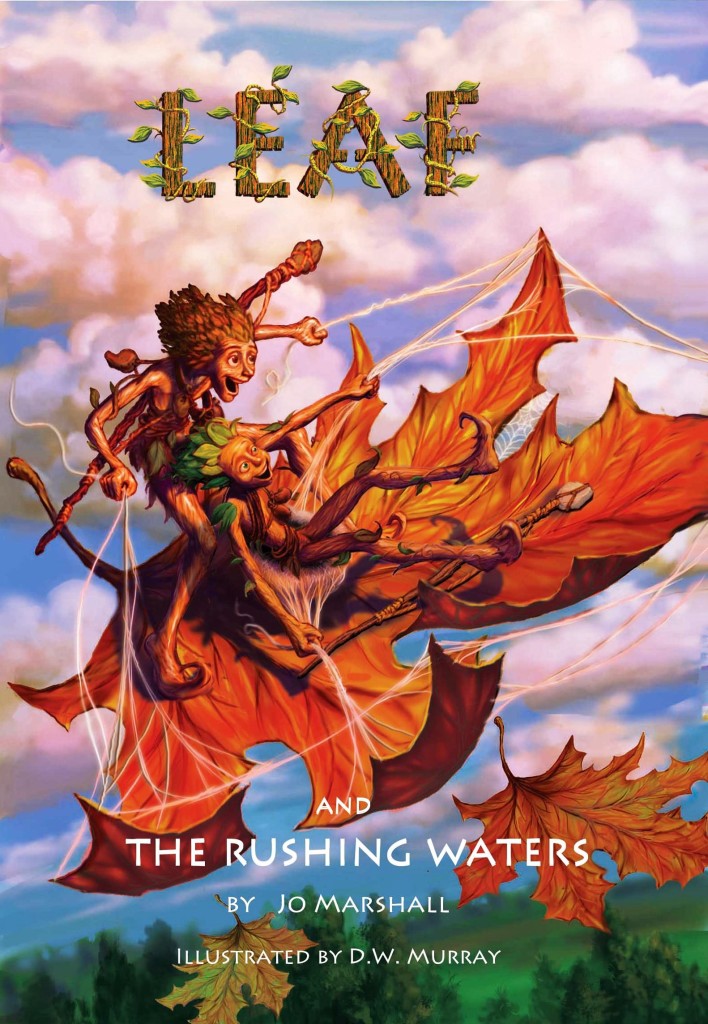 I think my favorite books and authors change from time to time as I grow older and my perspective on the world changes. When I was younger and began writing ‘Twig Stories’, then ‘The Borrowers’ series by Mary Norton was an underlying influence. Now after years of researching climate change impacts for events in Twig Stories, David Quammen’s books inspire me to continue down a learning path, and hopefully this road will help me understand how to adapt to our changing world. It’s so important to protect critically endangered wildlife and their habitats before we lose them forever.
I think my favorite books and authors change from time to time as I grow older and my perspective on the world changes. When I was younger and began writing ‘Twig Stories’, then ‘The Borrowers’ series by Mary Norton was an underlying influence. Now after years of researching climate change impacts for events in Twig Stories, David Quammen’s books inspire me to continue down a learning path, and hopefully this road will help me understand how to adapt to our changing world. It’s so important to protect critically endangered wildlife and their habitats before we lose them forever.
-
If you were to be stranded on a desert island, what non-survival item would you bring along that you couldn’t live without?
I’d bring all my photo albums of my children.
-
What question do you wish I had asked?
This is very clever of you, Val! Perhaps, “Why is ‘Leaf & Echo Peak’ your last book in the ‘Twig Stories’ collection?” After four books I need a pause. When I return to writing, I’d like to write about Twigs for a younger audience. It might be fun to write shorter picture-book-style books with the same sense of adventure and message. A wonderful illustrator Maja Sereda and I have spoken often about creating a different sort of Twig Stories books for beginning readers. I’d like to see that happen one day.
Find out more about Jo Marshall:
Twig Stories series page (on Amazon.com)

